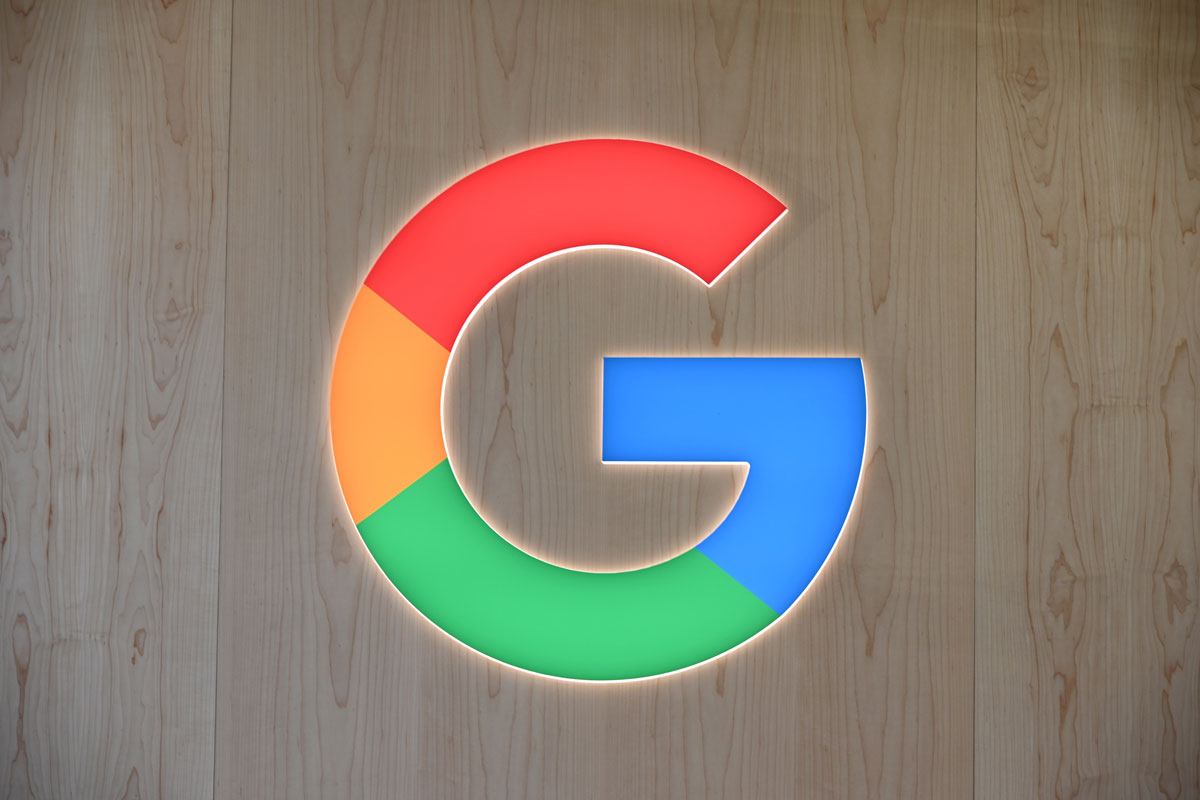CCI orders probe into Google Play Store, company responds
The company said that it was examining the CCI's order initiating the investigation.
The company said it is setting up ‘listening sessions’ with the leading Indian startups to understand their concerns more deeply.

(Photo: AFP)
Google on Monday said it is deferring its Play Store billing system by six months to March 31, 2022.
The move comes after facing intense criticism over its Play Store billing policy, saying the tech giant cannot force Indian app developers/owners to sell digital services by compulsorily using its billing system.
Google has now extended the time for developers in India who use alternative payment system, to integrate with the Play Store billing system, thus deferring the enforcement of 30 per cent commission on in-app purchases of digital goods from its Play Store in the country.
Advertisement
In a blog post on Monday, Google said it had heard some additional questions from the developer community in India after posting its clarification to its Play Payments policy at the end of September.
The tech giant said to ensure that the Indian developers have “enough time to implement the UPI for the subscription payment option that will be made available on Google Play”.
The company said it is setting up ‘listening sessions’ with the leading Indian startups to understand their concerns more deeply.
“… we’re also extending the time for developers in India to integrate with the Play billing system, to ensure they have enough time to implement the UPI for subscription payment option that will be made available on Google Play — for all apps that currently use an alternative payment system we set a timeline of March 31, 2022,” Google said.
The Google decision to extend the time for developers in India to integrate with the Play billing system comes in the wake of criticism it has received from various stakeholders.
The developers and payment gateway players have criticised the new Google in-app purchase policies where those using Play Store to sell digital services will be required to use the tech giant’s own built-in payment system.
“Just because Google owns the gate and the gateway to the digital ecosystem of this country, they should not act arbitrarily and enforce their rules and regulations which are contrary to our country’s laws,” said Vishwas Patel, Founder, CCAvenues and Chairman, Payments Council of India.
“Also, they cannot force Indian apps, developers/owners, selling digital services to compulsorily use the Google Billing and payment system and charge 30 per cent MDR,” he added.
According to Kochikar, the Google Play payments policy is not new.
“In fact, more than 97 per cent of developers with apps on Google Play already comply with the policy. To be clear, the policy only applies if a developer charges users to download their app or they sell in-app digital items, which is less than 3 per cent of developers with apps on Google Play,” she reiterated.
According to the Internet and Mobile Association of India (IAMAI), prima Facie, Google’s move, even if legal, is certainly not innocuous.
“For many founders of Indian start-ups, this brings back fears of the not so old deeply problematic revenue share model between VAS service providers (mainly digital goods) and telcos,” the IAMAI said last week.
Google said that its billing system provides a simple, safe way for consumers to transact.
“We are deeply committed to the success of the Indian ecosystem. We do not succeed unless our partners succeed,” Kochikar said.
Google also noted that developers should have a choice in how they distribute their apps, and that stores should compete for consumers’ and developers’ business.
“Android is open and choice is a core tenet of the operating system. It’s why users have always been able to get apps from multiple app stores… In fact, most Android devices ship with at least two app stores preinstalled, and consumers are able to install additional app stores,” the blog said.
Advertisement